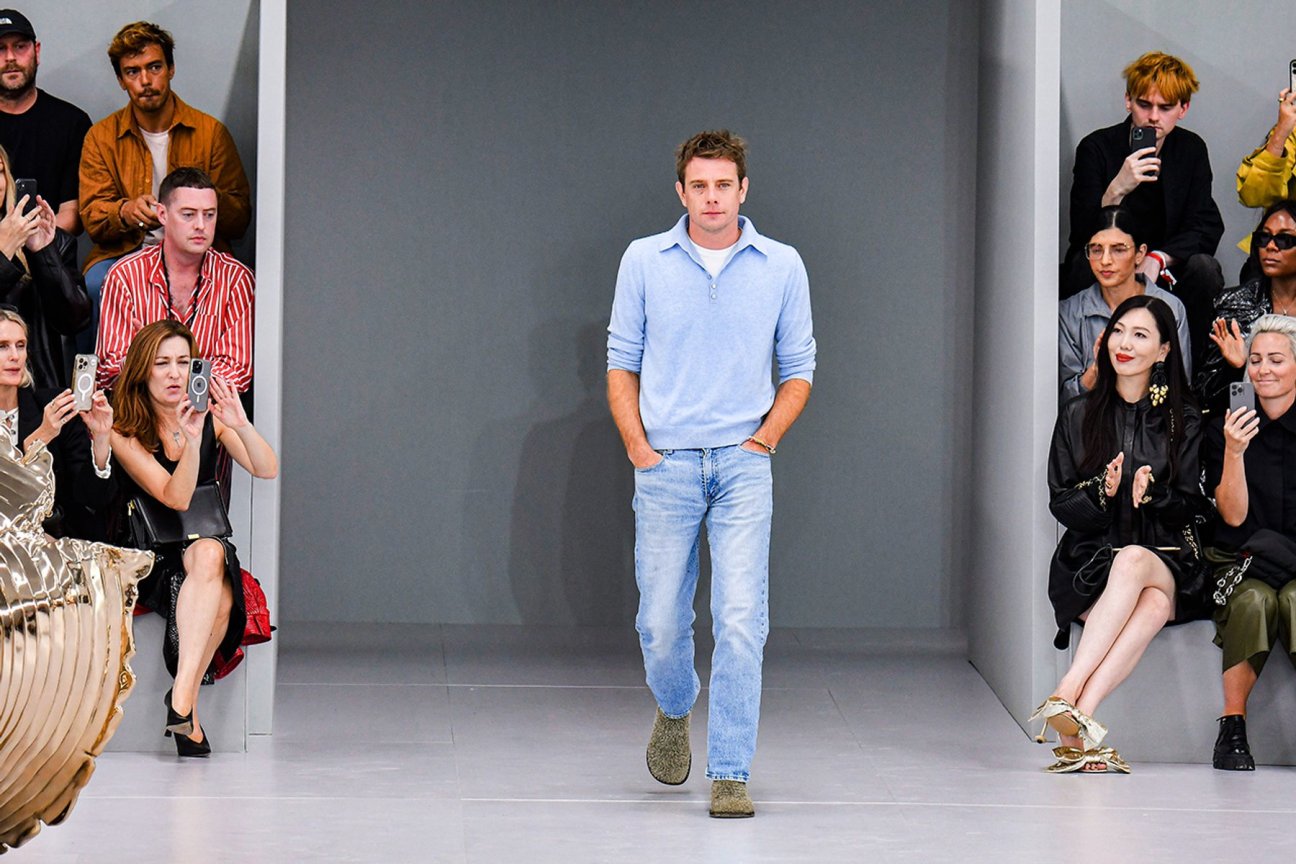Jonathan Anderson’s Loewe exit could spell change for fashion’s creative directors
There has never been a busier year for fashion’s HR departments. In the past 12 months labels including Jil Sander, Gucci, Balenciaga, Loewe, Dior and Calvin Klein have all been on the hunt for their next creative director. The latest to leave their position? Irish-born designer Jonathan Anderson, who transformed the LVMH-owned Loewe into a nearly €2bn business.
This wave of change has resulted in an ongoing fantasy football-style game and countless sessions of salacious gossip. But it also poses a far more serious question: what does it even take to make it as a creative director today? In the 1990s, getting into London’s Central Saint Martins art school was considered the golden ticket: graduates including Phoebe Philo, Alexander McQueen and John Galliano went on to lead Paris’s most important heritage houses for the following decade. In the 2010s, the rise of e-commerce and social media made room for a new generation of creative directors who had little to no technical training. Instead, they enjoyed a certain degree of online fame and possessed a knack for viral imagery – and befriending celebrities.

Clearly, this was a strategy that could only work in the short term. But what’s next? There’s a renewed appreciation for designers with years of experience on their CVs. This is why Julian Klausner, who trained under Dries Van Noten for decades, was able to step into his former boss’s shoes so gracefully. I don’t remember seeing so many fashion editors smiling as they did during his debut show, held at the Palais Garnier this month.
There’s another much-needed shift taking place that’s key to understanding the fashion industry’s current turnover rate. In the past, creative directors were put on a pedestal and given carte blanche to design according to their own – often far-fetched – fantasies. But today the stakes are higher, as most of these houses now trade publicly. Creativity will always remain the key ingredient to any brand’s success but the new wave of creative directors might need to put their egos to one side, acknowledge their customer base and find beauty in the everyday. In doing so, they’ll reach new audiences and, if successful, they’ll change the way we dress.



